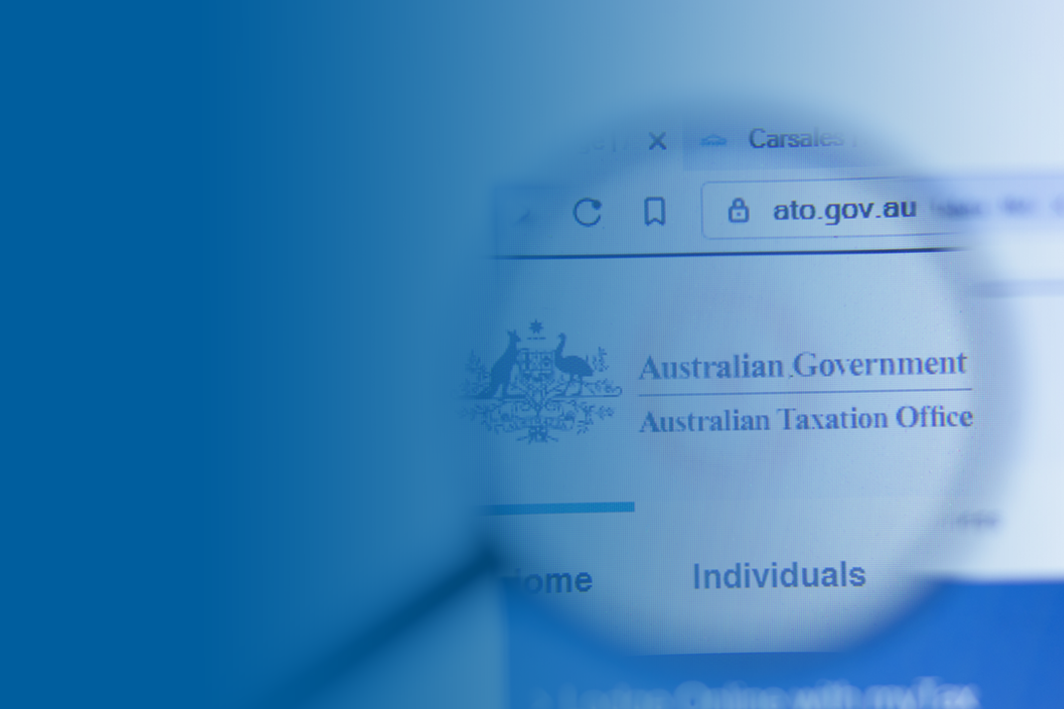Everything you need to know about Fringe Benefits Tax (FBT) and Christmas parties
Once again, thanks to COVID, the office Christmas party and end-of-year thank you gift may look a little different this year. You may even decide to forego the annual shindig and choose to celebrate virtually.
And if the pandemic has given us one thing, it’s the rise of the super high quality gift basket and hamper - the variety is staggering!
But what are the tax implications for throwing a Christmas party for staff and clients?
What's Fringe Benefits Tax (FBT)?
A fringe benefit is a payment made to employees, other than their usual wage or salary. FBT is paid by the employer on some benefits and is different to income tax and Goods and Services Tax (GST) and calculated in a different manner.
You can read about all things FBT here but, as a quick reminder:
Fringe Benefits Tax (FBT) is a tax on certain non-cash employee benefits you can provide to employees, and their family or other associates. The benefit may be in addition to, or part of, their salary or wages package.
FBT is currently applied at a rate of 47% (for the 2021-22 FBT year) to the ‘grossed-up’ taxable value of fringe benefits and is paid by the employer.
Fringe benefits can include things such as:
- Personal use of a company car
- Car parking or maintenance expenses
- Low interest loans used for personal purposes
- Gym or health memberships
- Entertainment and recreational expenses such as concert tickets, cinema tickets, free/discounted food or accommodation.
As we’re talking about Christmas parties and/or end-of-year gifts, that last point is particularly relevant. While there’s no separate FBT category for end of year parties and gifts, tax questions about them are so common, the Australian Taxation Office (ATO) even has a separate page. Here’s some things to keep in mind.
Christmas party exempt from FBT
If you hold a Christmas party on a business day, at your place of business and it’s attended by current employees only, the costs of the food and drinks supplied are exempt from FBT. No other people (spouses, partners etc.) are allowed to attend for the exemption to remain.
$300 minor benefits
You can hold a Christmas party on a business day, at your place of business and invite current employees and their spouses or partners, and claim the $300 (including GST) minor benefit and exemption. Costs must be kept below $300 per head to remain FBT exempt. However, this also means you won’t be able to claim GST credits or tax deductions.
When does FBT kick in?
If benefits, such as food and drinks, valued at more than $300 are given to employees and their partners, it’s considered income (other than wage or salary) and FBT applies. But FBT is only payable on the costs associated with your employee’s partners, not the employees themselves.
Here’s a table from the ATO:
|
The implications for the employer would be as follows. |
|
|
If… |
Then… |
|
current employees only attend |
|
|
Current employees and their associates attend at a cost of $180 per head |
|
|
Current employees, their associates and some clients attend at a cost of $365 per head |
|
* Where the benefits are indicated as qualifying for the minor benefits exemption, it is on the basis that the necessary conditions have been satisfied.
Christmas party away from the office
If you’re planning on holding your team Christmas party away from the office, in a restaurant or other venue, if you keep the costs below $300 per head, it’ll still be regarded as a minor benefit and you won’t need to pay FBT. But if costs go over $300 each, FBT will be payable for all employees and their partners.
However, if clients also attend, you won’t pay FBT for them.
Another table from the ATO:
|
The implications for the employer would be as follows. |
|
|
If… |
Then… |
|
current employees only attend at a cost of $195 per head |
|
|
current employees and their associates attend at a cost of $180 per head |
|
|
current employees, their associates and clients attend at a cost of $365 per head |
|
Employee gifts
A Christmas gift or hamper given to an employee and meeting the minor benefits exemption rule conditions, and costs less than $300, won’t attract any FBT.
Virtual Christmas Parties
The same rules apply to in-person and virtual gatherings but things can become a little more complicated. As always, keep records and receipt for your FBT lodgement (by 31 March 2022).
If you’re not sure of your FBT obligations, or just want to stay on the right side of the tax office, schedule an appointment and your tax advisor can make sure everything is good to go for 2022.
Share this
You May Also Like
These Related Stories

Small business tax planning ideas

Government Proposal: ATO interest charges to become non-deductible from 1 July 2025

/Brand/Logos/Kelly%20Partners%20Accountants%20Logo/Kelly-Partners-Accountants-Horizontal-Logo.webp?width=1500&height=212&name=Kelly-Partners-Accountants-Horizontal-Logo.webp)
%201.webp?width=1920&height=809&name=James%20Howard%20Building%201%20(1)%201.webp)






